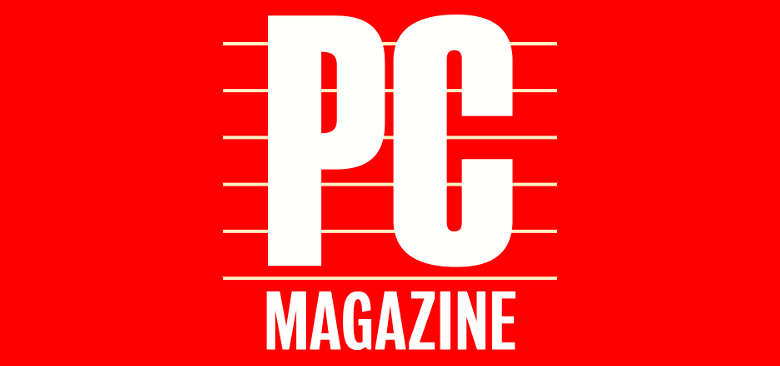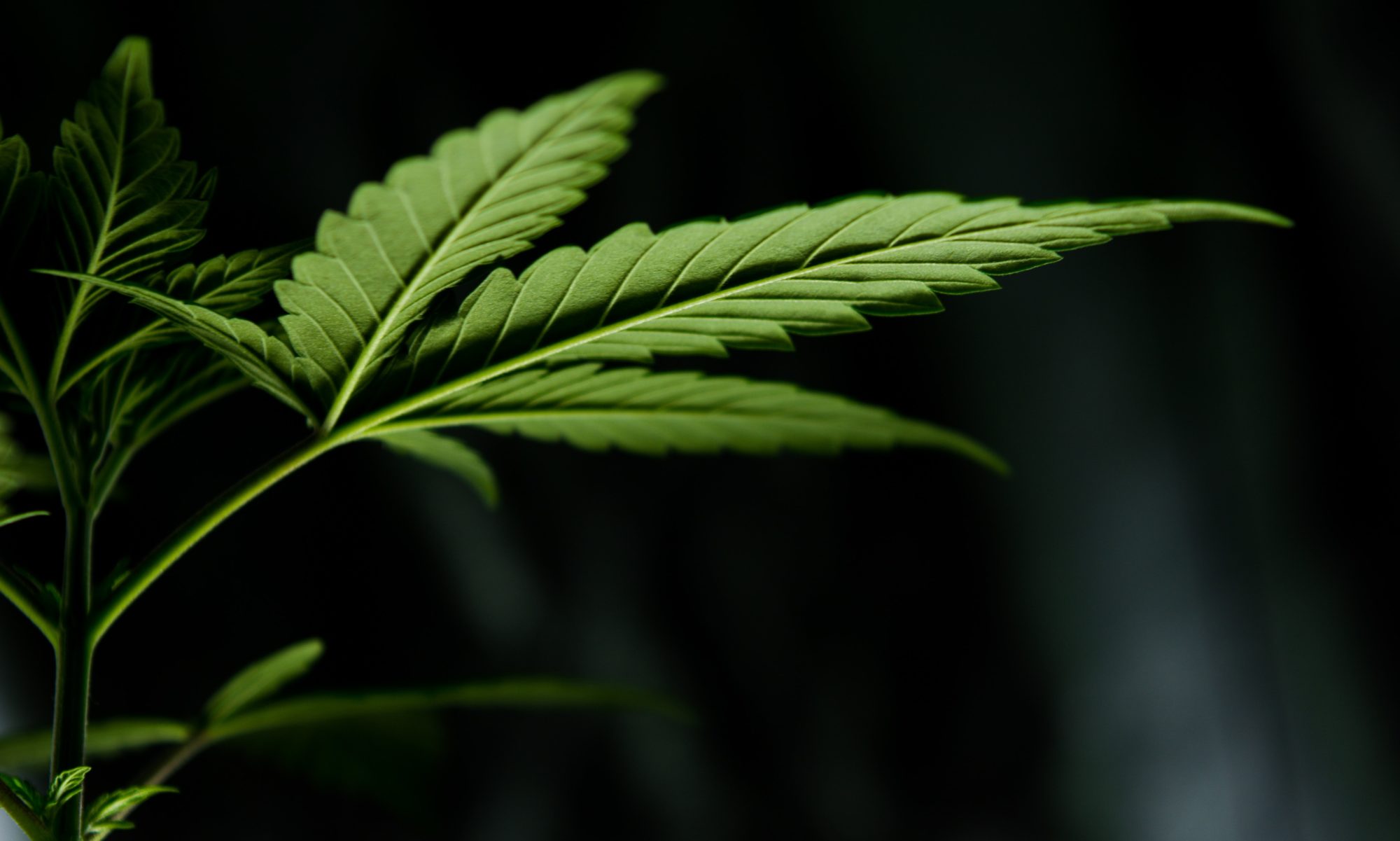
In September of 2014, Steve Berke and his 4TwentyToday digital media crew piled into an RV and drove from Miami to the small town of Decatur, Texas. Looking to make a viral YouTube video to advocate for Florida’s (ultimately failed) Amendment 2 to legalize medical marijuana, Berke and his team found the original funhouse where John Travolta and Olivia Newton-John shot Grease’s “You’re The One That I Want” musical number. In the middle of a county fair, 4TwentyToday filmed “You’re the Law That I Want,” a shot-for-shot re-creation parody video.
Within 48 hours, the video was on the front pages of BuzzFeed and Upworthy, and featured on Comedy Central’s @midnight game show. But the buzz quickly fizzled and YouTube views stalled.
CEO Berke had founded Bang Holdings Corp. and Bang Digital Media that July, bringing old Yale friend Adam Mutchler on as his COO. They had already made a few popular videos, but this one’s flash-in-the-pan success got the start-up entrepreneurs thinking about how to effectively advertise and advocate for marijuana legalization. More specifically, how to do so for the booming industry of legal cannabis businesses looking to get their names out there.
“I thought for sure this video was going to go viral,” said Berke. “It was everything we thought digital media would want to talk about. It turned out that Facebook had recently changed its algorithm to start suppressing YouTube links, which is a prime example of why the cannabis industry needs a better advertising platform; major players like Google and Facebook don’t service the industry. Right now there is no ad network, so how are cannabis brands supposed to gain national awareness and form the Coca Colas and Pepsis of their industry? We saw this as an opportunity to create a social platform for cannabis brands to gain exposure.”
Bang Digital Media shifted its resources to growing the 4TwentyToday Facebook page, but also began identifying social influencers and building out a network of users on Facebook, Instagram, Snapchat, YouTube, and other social media. Bang Holdings stock went public in March. As of the initial public offering (IPO), Bang Digital Media’s network has grown to approximately 660,000 engaged marijuana enthusiasts and has generated more than 150 million content views, according to the company.
As more states legalize cannabis production and sale (and, ultimately, if national legalization occurs), cannabis brands will still be faced with restrictive state-by-state cannabis advertising regulations. These laws bar cannabis ads in print media, public places, radio, television, and, in many cases, forms of internet advertising. Berke said the start-up is currently building out the platform and signing social influencers to Bang’s “Green Monkey Network.” Their goal is to hit 100 million subscribers by Q3-Q4 of 2016 and reach more than 10 million potential customers through multi-channel social content marketing.
“Right now, the industry is very fragmented; it’s very mom-and-pop,” said Berke. “You’ve got brands in Colorado that aren’t in Washington, Oregon, or California. So how are you going to be able to build a national brand when the major digital players aren’t allowing you to advertise? We know cannabis brands want to advertise, but how and where they spend their ad dollars is what we’re trying to facilitate in this space.
Riding the Green Monkey Network
The key to whether Bang Holdings will find success is if it can prove the business value of its social influencer network. Berke talked up the potential for multi-channel network (MCN) business opportunities and building brand awareness through existing social media channels.
“It’s really about aggregating subscribers, building our own homegrown channels,” said Berke. “Then, we’ll put together a team to go reach out to cannabis companies around the country and say, ‘We can sell you millions of impressions. We can get your brand out there to millions of people over this amount of time.'”
Berke used cannabis edibles company Dixie Elixirs as an example of how the influencer network would function. If Dixie Elixirs wanted to reach, let’s say, 5 million people in a week, Bang Digital Media could reach out to a Snapchat influencer in the network with a huge following. The influencer could then fly into Denver and Snapchat an entire factory tour of how Dixie Elixirs manufacturers products from chocolates and mints to cannabis-infused sodas, Berke explained. Truly effective content marketing is about providing inherent value for the viewer beyond getting the brand out there.
“Snapchat users get a tour, they learn how Dixie Elixirs makes their product and, all of a sudden, Dixie Elixirs has millions of people watching a tour of their facility, starting to Google them, and finding where they can buy their products,” said Berke.
While Berke wouldn’t reveal the names of specific influencers already signed to the network, he said the ranks include “one of the top five Snapchat users in the world.” Aside from Bang Digital Media, the holding company also owns a pre-launch e-liquid company called Bang Vapor that Berke said has “a big DJ and other influencers onboard.” Bang Vapor is currently gearing up for a digital media campaign of its own, which will serve as a way to test how effective the influencer network can be for an industry facing the same mainstream advertising hurdles as marijuana. One of the reasons Bang Holdings went public so early, Berke explained, is to help build the influencer network by offering stock and a small amount of equity in the company to Green Monkey Network partners.
“These are influencers who are cannabis-friendly. They aren’t necessarily cannabis-related channels but influencers who would entertain branding deals from cannabis companies,” said Berke. “We’re only going to bring them deals we feel are in line with their own brand—and the influencers can say no to any deal we bring them.”
From Ivy League to Ganjapreneurs
Berke graduated from Yale in 2003, a year after Mutchler, and said their friendship began in earnest during yearly trips to watch each new Lord of the Rings movie at 12:01am. After they graduated, Mutchler went into film production and Berke became a professional tennis player until injuries forced him into early retirement. Berke found himself in Miami Beach, pursuing a stand-up comedy career right around the dawn of YouTube. With a singing, guitar-playing stand-up schtick he described as “Adam Sandler meets Weird Al Yankovic,” Berke wrote a few parody songs which he enlisted Mutchler to help him film for YouTube.
“I made a few videos and the third one, ‘Should Be Legalized’ went viral and, in a crazy twist of fate, got me enough exposure that I parlayed it into running for mayor of Miami Beach in 2011,” said Berke.
What started out as a satirical Jon Stewart or Stephen Colbert-like campaign, evolved into two serious mayoral runs, the launch of Bang Holdings and 4TwentyToday, and the company’s use of social media for marijuana advocacy. (Two other former Yale grads, Gabe Goldstein and Kevin Park, serve on the Bang Holdings Board of Advisors.) While “You’re the Law That I Want” fizzled out along with the mayoral runs and Florida’s Amendment 2, Berke did achieve viral fame the year prior with the Macklemore parody “Pot Shop.”
“I used activism and comedy to raise awareness for local issues, and used my YouTube videos to shine a light on some of the travesties happening in Miami Beach politics,” said Berke. “One thing led to another; I was a two-time mayoral candidate and now I’m running a marijuana company.”
From a business standpoint, Bang Holdings and its properties are still in their early stages. The start-up currently has only five employees, and doesn’t yet house a sales team to reach out directly to cannabis companies with advertising opportunities. The start-up is still focused on growing presences like the 4TwentyToday Facebook page to give cannabis companies homegrown social channels outside of traditional advertising. Another reason Bang Holdings went public at such an early stage, Berke explained, is to create a vehicle to start rolling up smaller ancillary marijuana companies (meaning they don’t directly produce and sell product) to create a larger digital media vertical.
“We don’t plan on monetizing our platform until we get to 100 million subscribers through partnerships, and we want at least two million subscribers on our homegrown pages,” said Berke. “We plan to hit that 100-million-subscriber mark on the Green Monkey Network by Q3-Q4, which is also when we plan to do another large capital raise to scale the business. And then we plan to begin monetizing in Q1 2017.”
Bang Holdings is moving to Denver this summer to begin building digital campaigns and producing content to advertise through the influencer network. But the start-up is also positioning itself as an incubator for cannabis entrepreneurs. Berke said the company plans to launch a marijuana incubator in Q4, with shared office space where Bang Digital Media will help other start-ups create ad content and market it through influencer partnerships on the Green Monkey Network (in exchange for either points or royalties in the company).
“We plan to create an accelerator and incubator community where other entrepreneurs can exist in the space and we can help them build their digital footprint, build their campaigns, and pair them with influencers to increase brand exposure,” said Berke. “There are not a lot of ganjapreneurs out there with business experience.”
See Original Article HERE

